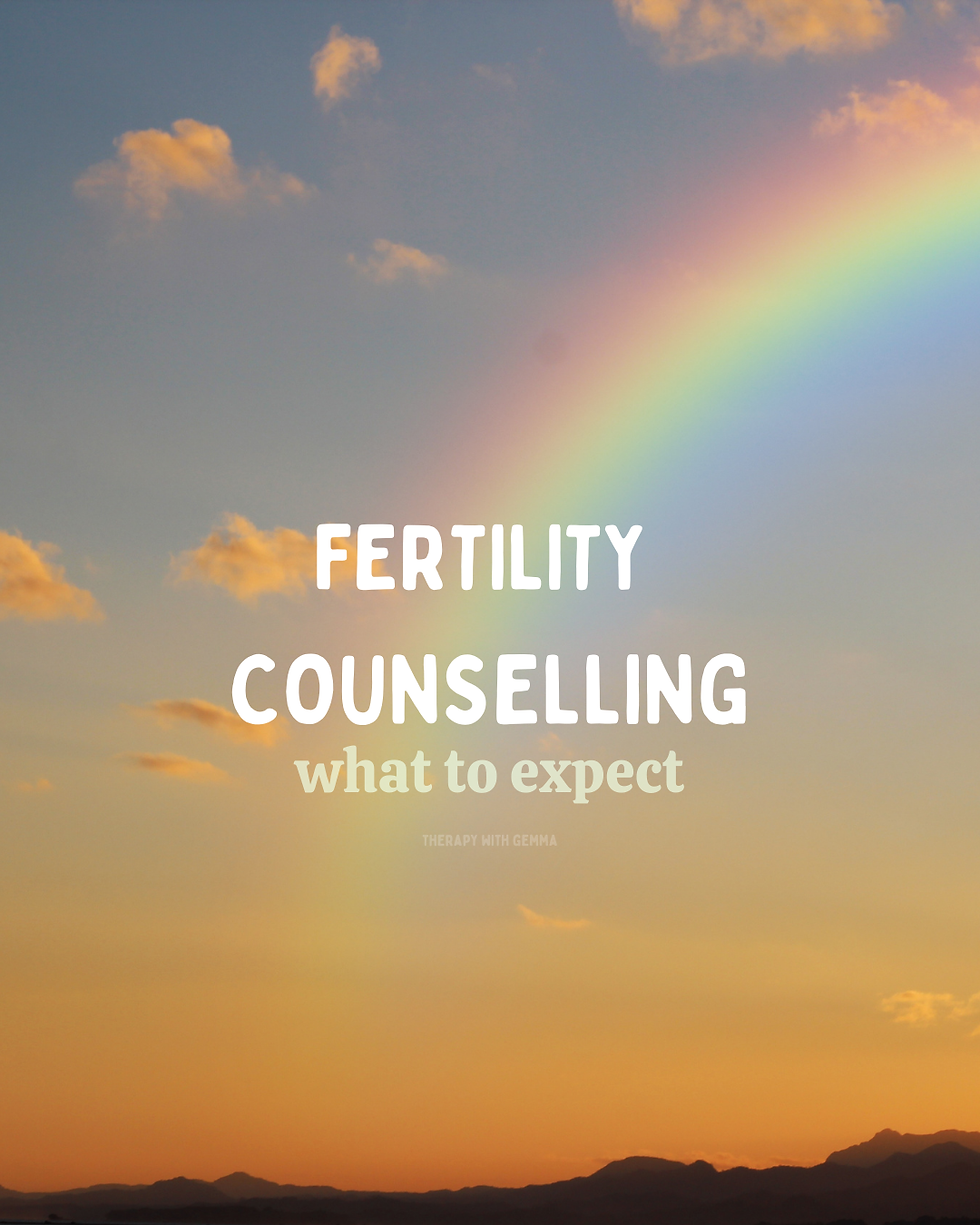Anticipatory Grief
- gemmasands
- Aug 4, 2023
- 3 min read

A bit of a heavy one this morning, but something that feels important to talk about as it's something that all of us will go through at some point in our lives.
Anticipatory grief also referred to as anticipatory loss or preparatory grief is the pain and distress someone feels in the time before the death of a loved one or an impending loss. This is something in people with diagnosis of degenerative diseases, end of life care, caring for children with chronic illness, and even when people have big life changes- new relationships, moving to new countries etc.
So what’s the difference between anticipatory grief and conventional grief?
Think of conventional grief as grieving a loss that has already happened, Anticipatory grief is forward-looking, grieving what we still believe we might lose.
What are the stages of anticipatory grief?
Accepting that death is inevitable. This phase often co-occurs with feelings of sadness and depression.
Feeling concern for the dying person. For family and friends, this phase may express itself in regret—for example, feeling regret over past arguments or disagreements with the person they are about to lose. For the dying person, this concern may translate to fear of what it’s like to die.
Rehearsing the death. A person may become focused on funeral arrangements, saying goodbyes and other concerns related directly to what will happen in the time immediately surrounding the impending death.
Imagining the future. Family and friends may envision what life will be like without their loved one. This phase may include visualizing holidays and other special occasions without the person or thinking about objects that will be left behind. The person dying may think about similar scenarios, wondering what it will be like for their loved ones to experience life without them. The dying person may also imagine what their own experience may be like after death—what, if anything, comes next.
Supporting yourself
Allow yourself to grieve
It’s important to express your pain and allow yourself the time and space to grieve. It may help to talk to a friend or another loved one.
Write down your thoughts and feelings
Try writing down your thoughts and feelings in a journal.
Look for support online
Online forums and support groups can help connect you with others going through something similar. Organisations and charities connected to your friend or relative’s condition may be able to help.
Learn more about their condition
Find out about what to expect by learning about the condition, treatments and side effects, prognosis. This information may help you feel more in control. But be aware that this information might add to your anxiety.
Take care of yourself
Look after yourself by exercising, eating healthily and getting plenty of rest. Take time out to do things you enjoy and that help you to relax.
Be kind to yourself
Remember that you have a lot to deal with. Be realistic about how much you can do both practically and emotionally. Ask friends and family for help.
Remember you can do this
Think about how you have handled tough situations in the past and use some of those techniques to help you cope.
Take it a day at a time
Try to focus on the day in hand rather than worrying about the future.
By breaking the taboo about talking about these things, difficult conversations might just be the tiniest bit easier to have.
if you are struggling, please reach out to friends or professionals who can walk beside you at these times in your life.
You are not a burden.


Comments